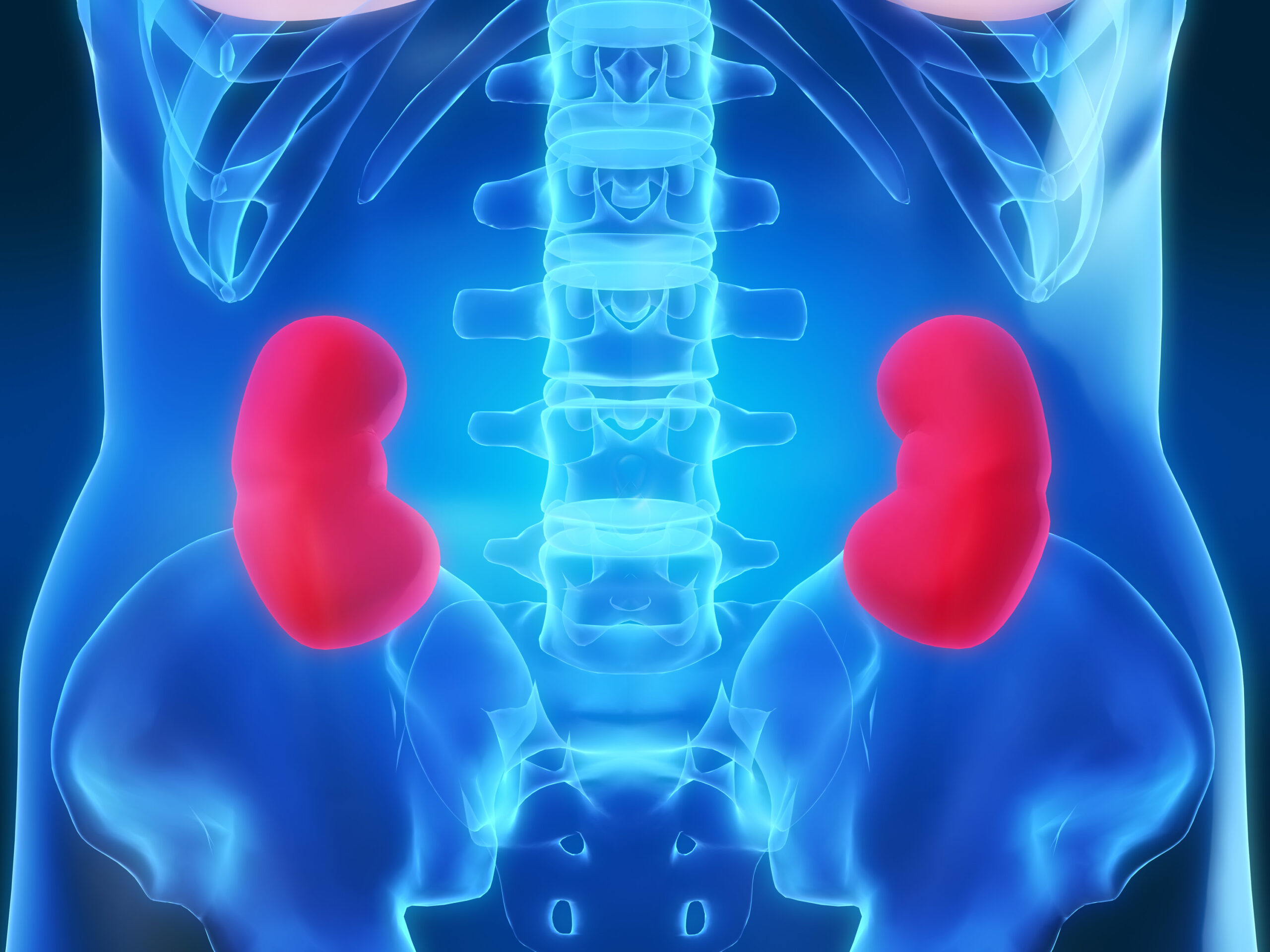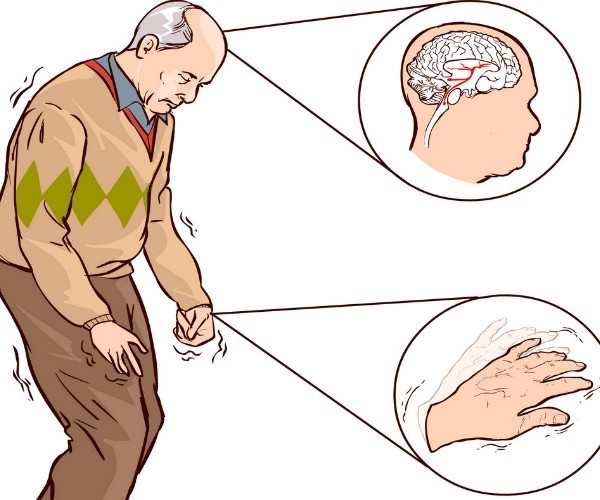The research investigated whether and to what extent maternal polycystic ovary syndrome(PCOS) and/or anovulatory infertility may lead to increased risks in offspring relative to psychiatricandneurodevelopmental disordersin childhood or adolescence.
Other factors such as maternal obesity, perinatal problems, cesarean delivery, gestational diabetes, and assisted reproductive techniques were also considered jointly and disjointly.
An association between maternal PCOS and autism spectrum disorder and attention-deficit/hyperactivity disorder was already known.
Instead, this research set out to analyze the correlation with a broad spectrum of disorders: mood disorders, anxiety disorders, eating disorders, sleep disorders, intellectual disabilities, specific developmental disorders, ASD, ADHD and conduct disorders, tic disorders, and other behavioral and emotional disorders.
The results confirmed a significant increased risk in the presence of maternal PCOS, with no substantial difference between males and females.
This risk was found to be further amplified if maternal PCOS is combined with maternal obesity(BMI).
Perinatal problems, Cesarean delivery, and gestational diabetes could explain the effect of this association.
In contrast, there does not appear to be an increased risk in the association between maternal PCOS and IVF techniques.
Thus, the increased incidence of neuropsychiatric disorders in offspring born to women with fertility problems could be attributed to the causes of infertility, rather than the treatment.
These results are important and to be taken into account with reference to pregnancy counseling and monitoring of offspring development.
























































































